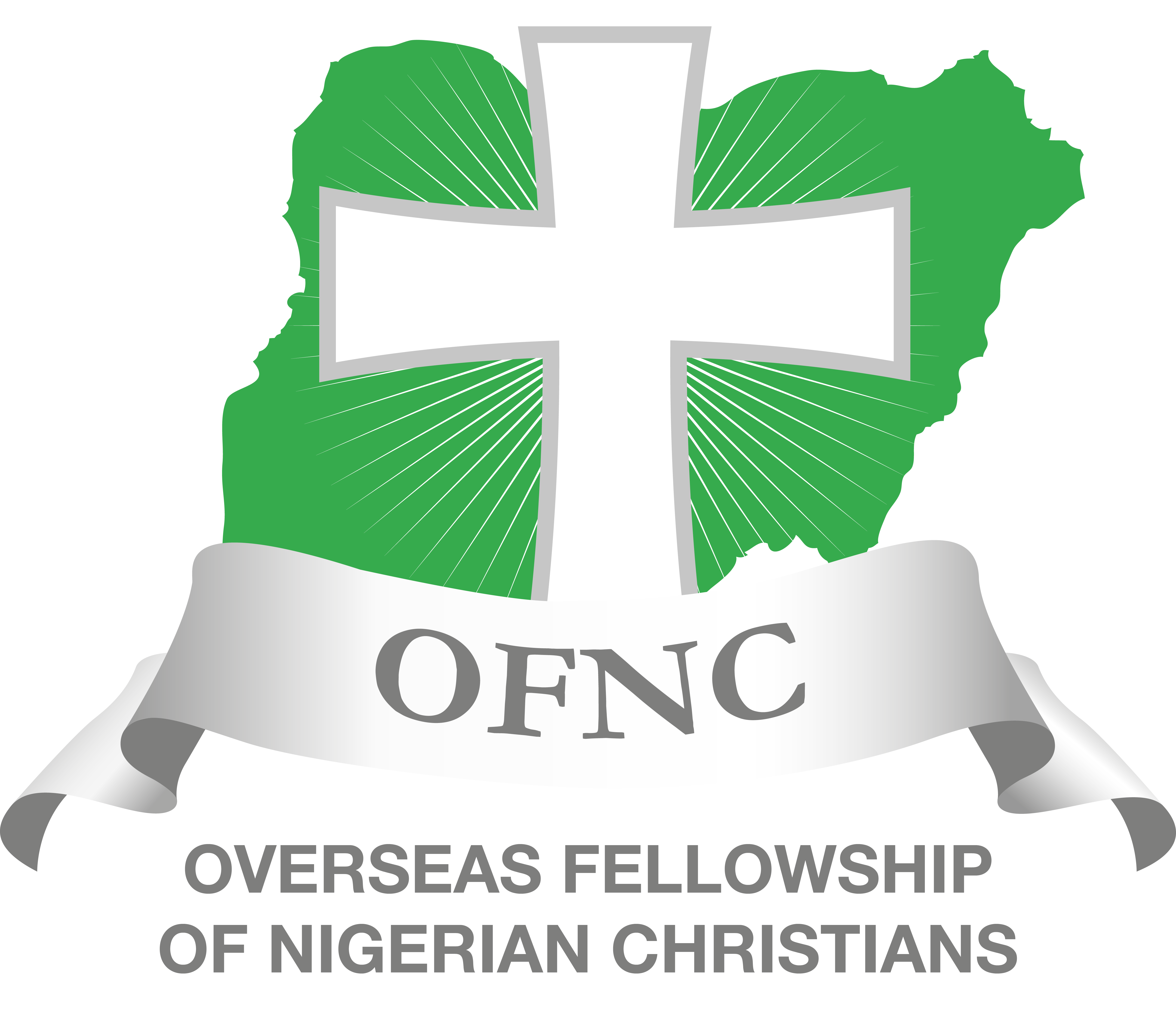Over the post-pandemic period, there has been a marked increase in Nigerians travelling to the UK. According to the British government, the number of Nigerians granted student visas by the UK in June 2022 increased by 222.8 percent to 65,929, compared to 20,427 in the same period of 2021.
According to University World News, Africa Edition, the United Kingdom’s new policy on post-study work visas is proving to be popular among Nigerian students eager to permanently immigrate to this country. (See: Nigerians flock to the UK to benefit from student visa policy 27 Oct 2022). The number of the dependents of Nigerian students in the United Kingdom surged by 3,156.5 percent to 51,648 in September 2022 from 1,586 in 2019, following the government’s change in policy.
There are many factors that have culminated in this surge in numbers, not least of which are the incessant and well documented challenges facing our nation, including socio-economic conditions of the country, high unemployment rates, persecution and rampant abductions and kidnappings, as well as insecurity of life and property, among others. In addition to these push factors, there are numerous pull factors too from the industrialised nations, such as the UK.
In addition to the opportunity for students studying in the UK to relocate with their dependents, students can stay and work for two years post-graduation. Qualified professionals in various professions such as teaching, social work, medical and allied professions have also seen an increase in employment opportunities.
The net impact of this reality is evidenced by the following:
- Many families arriving from Nigeria in cold seasons with inadequate accommodation.
- Students and employees arriving in the UK in circumstances which require emergency assistance.
- Financial hardships
- Managing pre-existing health issues
- Culture shock when the reality on the ground does not match the expectations.
- Mental health challenges
- Domestic instability
- Pressures on UK hosts who feel obliged to jump through hoops at short notice to meet unexpected needs.
Areas of need identified include, but are not limited to, the following:
- Healthcare (including GP registration)
- Transportation
- Accommodation (identification, deposit, reference for landlord, bank account)
- Schools for children
- Managing Finances – Financial planning both before and after arriving in the UK
- Time management
- Spiritual life/churches
- Food
- Employment/ Professional issues (NI number; accessing jobs)
- Visa/immigration status
- Adapting to UK system in education
- The need to ensure those leaving Nigeria are suitably resourced and informed about living and working in the UK.
- Signposting to reliable websites to access factual information already available (with caveats about authenticity of what is available on social media).
To find out more, please view the document here SUPPORT FOR NIGERIANS ARRIVING IN THE UK.pdf
DISCLAIMERS:
- GENERAL –This document has been produced for general guidance and contain links to third party websites. Intending immigrants should undertake their own investigations. The OFNC does not vouch for the information on these sites and shall not be liable for any financial loss or damages incurred in following the information provided.
- OFNC – This information is provided without any obligation. For the avoidance of doubt, OFNC as an organisation does not sponsor individuals in any way either by paying their school fees, living expenses or by providing accommodation. This document is solely to provide Nigerians coming to the United Kingdom with some basic vital information.

Is there anyway i can voluteer to make positive impact